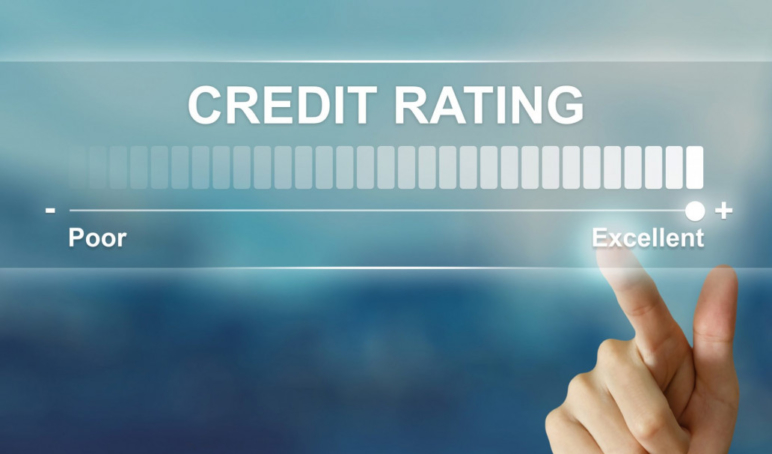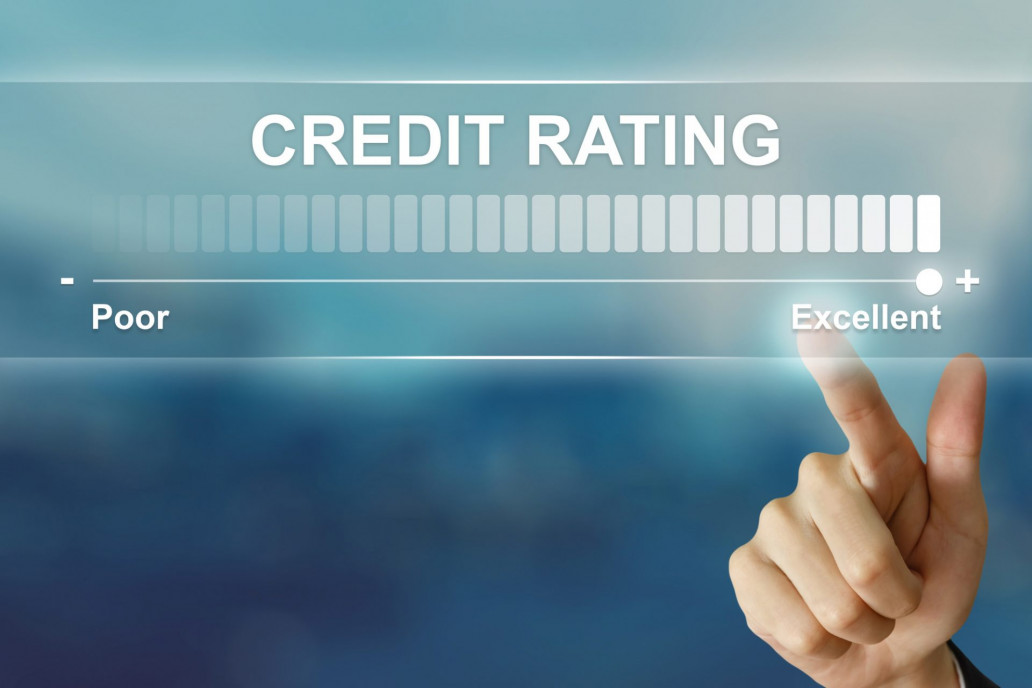

Did you know that the average credit score in Canada is 672? The ranges of credit scores, however, can be much higher or lower than this number. If you’re unsure about your own credit score range, it’s important to find out as soon as possible.
This is because credit score ranges make a big difference when it comes to your financial situation. The better your credit score range, the better off you will be financially. The opposite is true if your credit score is very low.
But what is a good or bad credit score in Canada and why does it matter so much in the first place? More than that, what can you do to improve your credit score? Keep reading and find the answers to your questions below.
Why Is Your Credit Score So Important?
Your credit score is important because it will determine how easily you can take advantage of certain financial situations. For example, if you need a mortgage or a loan of any kind, you will need to have quite a good credit score. If your score is bad, many loan providers won’t even give you a second glance and certainly won’t give you a loan.
Your credit score is more or less a gauge of how reliable you are when it comes to paying back loans and other payments. If you are often late on loan or mortgage payments or don’t pay your rent or credit card payments on time, your credit score will quickly drop and become very poor. This shows that you aren’t a reliable person financially and it makes sense why many loan providers wouldn’t give loans to such a person.
On the other hand, if you have a very good or excellent credit score, this means that you are very financially reliable. Such a person pays off his credit card payments on time, is never late on loan payments, and so on. This person shouldn’t have any trouble getting a loan, a new credit card, or anything else in the world of finance.
The Danger of Having a Bad Credit Score
As you can imagine, it would be pretty hard to live a life where loan providers don’t want to give you loans when you need them most or when credit card companies won’t give you good credit cards. Some landlords won’t even rent to you if they find out that your credit score is bad.
In a way, having a bad credit score makes you a financial outcast. Your score also depends a lot on your age. For example, the older you are, the better your credit score should be.
This is in contrast to a 20-year-old who is only starting out in the world and who won’t have as good of a credit score. Whatever the case and no matter your age, you should try to improve your credit score. But what are the ranges of credit scores and how can you know whether or not your own score is good or bad?
What Are the Ranges of Credit Scores in Canada?
Credit scores range from 300 to 900 in Canada. 300 is the worst your score could be and 900 is the best. 300 is almost impossible to achieve and it is considered a poor credit score.
To get this score, you would have to never pay off any of your credit cards, loans, mortgages, or anything else that requires credit. 300 to 559 is the credit score range that is considered poor. If your credit score is within this range, you will find that it will be quite difficult to find apartments that will accept you, to open new credit cards, and so on.
The next range above the poor credit range is the “fair” range. This ranges from 560 to 659. This is a relatively normal range for people to have, but it still is not great. While you will have a better time finding new apartments and opening credit cards, you still might have trouble getting loans or mortgages.
The next range is the “good” range and it goes from 660 to 724. As the name suggests, this is quite a good range to be in and many people have credit scores in this range. This range shows that you have financial initiative and care about your credit score.
What You Need to Know
To get and maintain this kind of score, you need to actively pay off your debts and make sure you aren’t late on your payments. If you manage to get your credit score in this range, you shouldn’t have any trouble opening up most credit cards and most loan providers will accept you. However, you may still have trouble getting very large loans.
The next credit range is “very good.” This range includes the numbers 725 to 759. Fewer people have this credit score because it is harder to achieve. You will have to have a very good history of credit and debt repayment and you will need to make sure that you are almost never late on your payments.
You will also need to make sure that you use the right percentage of your available credit. Finally, the last range is “excellent.” This includes scores from 760 to 900.
Again, not very many people have this score because it is so hard to achieve. You would need to have a perfect credit payment history. Once you have a credit score in this range, you can do pretty much whatever you want with it.
You won’t have any problem getting loans, even very large loans, from important loan providers. You also won’t have any problem getting a mortgage, a new credit card, or anything else. You will need to have a very good credit history and you should use only a certain percentage of your available credit.
The goal of a credit score, of course, is to have the best score you possibly can. This is easier said than done, but there are several ways in which you can improve your credit score.
How to Improve Your Credit Score Fast
Having a bad credit score is no fun because you won’t be able to do much of anything with it. To improve it, the first thing you should do is improve your payment history. Your payment history has to do with making payments on time.
Suppose that you bought a bunch of things using your credit card. Of course, you have to pay off that amount in a certain amount of time. If you are slightly late on the payment, you will receive a penalty but the penalty is usually not very severe, especially if you are only late one time. But if you still don’t pay off the money due, the penalties will continue getting more severe.
This will wreck your credit score over time. To keep that from happening, you will want to avoid even the very first penalty and pay early. This will make it so you won’t even need to worry about when the payment is due. This is not only important for your credit cards but also for whatever loans and mortgages you might have.
As long as you make these payments on time, your credit score will slowly start to improve.
The Details
Besides your payment history, your credit utilization is also very important. This has to do with how much credit you use in comparison to how much credit is available to you.
For example, suppose that you only have $10,000 of credit available to you. If you use $5,000 of this, you are using 50% of your credit which isn’t good. Preferably, you should only use around 35% of your credit or less.
This will show that you are financially reliable and that you aren’t using a huge chunk of your available credit. If you are currently using a large percentage of your available credit, don’t worry. You don’t need to pay it all off overnight to improve your credit score.
All you need to do is whittle down this percentage over time. Once you are using around 35% of your available credit or less and you start to take better care of your payment history, your credit score will start improving in no time.
What You Need to Know About Credit Score Ranges
There are many ranges of credit scores to consider. Poor and fair scores are not great to have and they can interfere with getting loans and credit scores. Good, very good, and excellent credit scores are great to have but they require some discipline to get.
You need to make sure that your payment history and credit utilization are in good shape, among other things. To learn more, contact us here.





